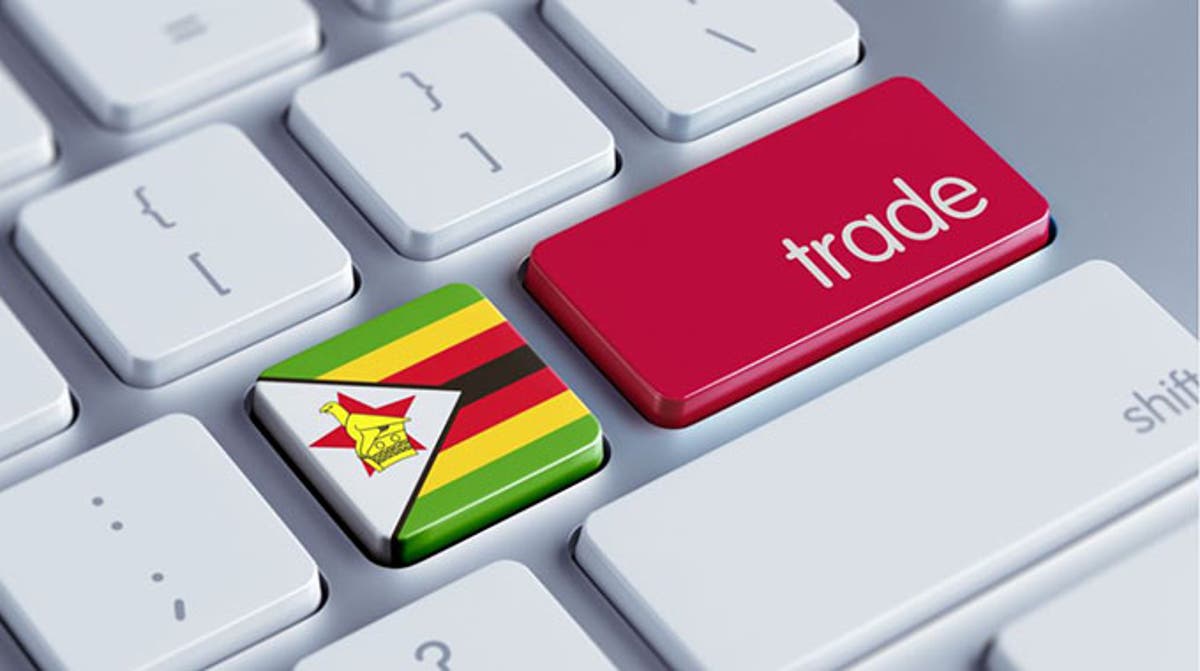Formalise operations, ZimTrade urges SMEs
THE national trade and development agency, ZimTrade, has urged Small to Medium Enterprises (SMEs) to formalise their businesses for them to benefit from the country’s trade agreements.
ZimTrade associate trainer Mr Dennis Choguya, made the remarks during a marketing and branding for international competitiveness training workshop held in Bulawayo last week.
He said most of the SMEs were not fully registered, adding that from those who attended the workshop, only two out of 20 had formally registered their operations.
“Without formal registration they cannot do business with big organisations that demand, for example, VAT (Value Added Tax) registration and tax clearance certification,” said Mr Choguya.
He said there was therefore a certain market they could not serve and unfortunately that market is very big.
“They cannot even serve Government clients because you need to be tax-compliant. They can’t participate in tenders where there are big orders because they are not tax-compliant.”
In 2017, Cabinet approved the SMEs formalisation strategy paving way for the reinforcement of the social contract and creation of sustainable decent jobs.
The drive to formalise the sector comes on the back of reports that about US$5,7 billion is circulating in the informal sector.
The formalisation process has however been met with resistance by some players who say benefits of formalising are outweighed by costs.
Mr Choguya said for SMEs to be able to take advantage of trade agreements that Zimbabwe has with other countries, they have to be registered with the Zimbabwe Revenue Authority (Zimra).
He highlighted that Zimra is the custodian of the trade agreements that Zimbabwe has with other countries so that people do not just import from other regions claiming the imports are from Sadc or the Common Market for Eastern and Southern Africa.
“For SMEs to be able to benefit from the trade agreements they must be registered with Zimra so that when they export they can use the Sadc certificate of origin or a Comesa certificate of origin.
“When they use these certificates, they will not pay duty or pay less compared to countries outside the trading blocs,” said Mr Choguya. —chronicleco.zw











